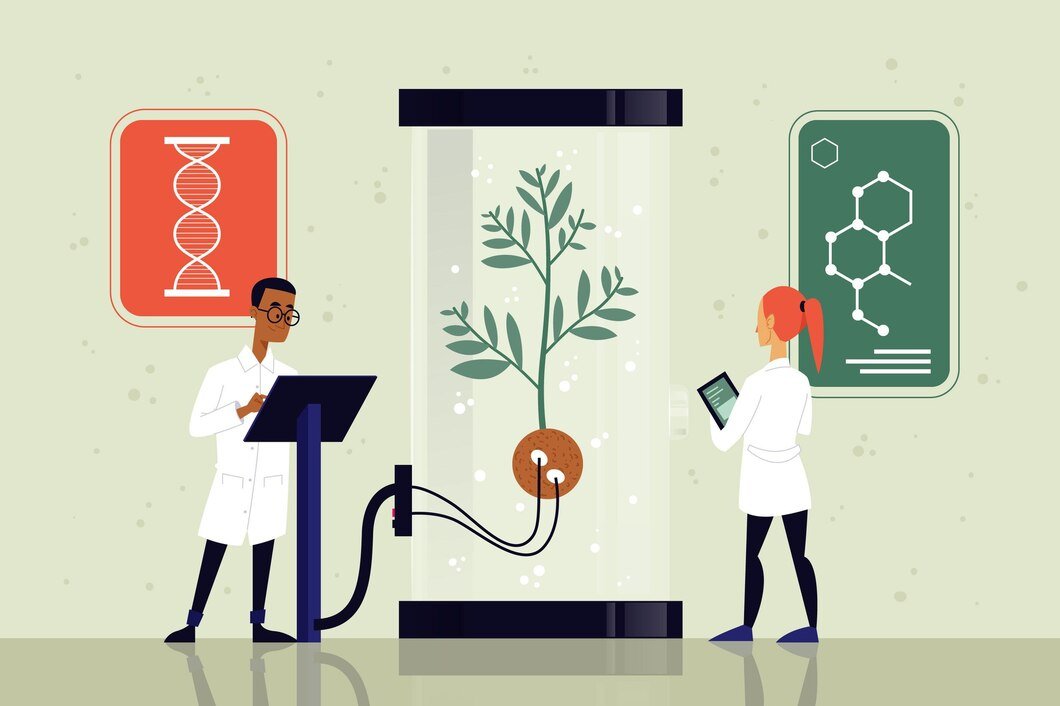In recent years, the intersection of food and pharmaceuticals has given rise to nutraceuticals, an innovative category of health-enhancing agents. Touted for their supposed health benefits and disease-preventing properties, these compounds have attracted considerable attention from scientists and consumers alike. In this article, we’ll explore the science that supports nutraceuticals, their advantages, and regulatory considerations. Keep reading to uncover the layers of this fascinating topic.
The Bioactive Compounds in Nutraceuticals and Their Health Benefits
Nutraceuticals contain bioactive compounds that are believed to have health-enhancing properties. These compounds range from vitamins and minerals to antioxidants, probiotics, polyunsaturated fatty acids, and fiber. For instance, omega-3 fatty acids are linked to improved heart health and cognitive function.
Antioxidants are another cornerstone of the nutraceutical industry, with substances such as resveratrol, found in grape skin, gaining popularity for their potential anti-aging and disease-fighting effects. The efficacy of these bioactive compounds often stems from their role in cellular protection and the prevention of oxidative stress, a contributor to chronic diseases and aging.
Probiotics, live microorganisms that confer health benefits when consumed in adequate amounts, are another example of nutraceuticals playing a pivotal role in health maintenance. They are particularly noted for their influence on gut health, with emerging research linking gut microbiota to a host of health outcomes, including immunity, mental health, and metabolic function.
To truly appreciate the potential and diversity of these compounds, one might visit NMN.com, where a veritable lexicon of nutraceuticals awaits, each with its unique properties and proposed health benefits. It’s a great resource for information about nicotinamide mononucleotide and how it benefits overall health.
Defining Nutraceuticals and Their Growing Importance in Health and Wellness
Nutraceuticals, a portmanteau of “nutrition” and “pharmaceuticals,” refer to foods or food products that purportedly provide health and medical benefits, including the prevention and treatment of disease. They come in various forms, including herbal products, and specific diets. Their growing popularity can be accredited to a collective shift towards preventive healthcare and an increasing inclination toward natural and organic products.
The premise behind nutraceuticals is that certain foods and compounds have an intrinsic potential to promote health, beyond basic nutritional functions. These products appeal to those seeking to manage their well-being proactively, often resonating with individuals who prefer an approach that complements or even substitutes traditional medicine.
Market trends indicate that the nutraceutical industry is burgeoning, reflecting a broader consumer awareness of health issues and the desire for accessible health interventions. From protein-enriched foods to antioxidants and beyond, nutraceuticals encompass a realm where food-derived products are not simply for sustenance but are intentionally consumed for their potential health benefits.
Unpacking the Role of Nutraceuticals in Disease Prevention and Management
The scope of nutraceuticals is not limited; considerable research suggests they may also play a role in disease prevention and management. For example, the high concentration of beneficial compounds in certain nutraceuticals is thought to offer protective effects against cardiovascular disease, diabetes, and certain forms of cancer.
Moreover, nutraceuticals may also aid in the management of symptoms and progression of chronic conditions. Curcumin, derived from turmeric, is renowned for its anti-inflammatory properties and is investigated for its role in managing arthritis and digestive disorders. These preventative measures and symptom-management capabilities are of particular interest to populations looking to reduce dependence on conventional pharmaceuticals.
It’s important to acknowledge, however, that nutraceuticals are not cure-alls and should be used in conjunction with, rather than as replacements for, traditional medical treatments where necessary. While some studies provide robust evidence supporting the use of certain nutraceuticals for disease management, others suggest nutraceuticals are only beneficial in conjunction with a balanced diet and healthy lifestyle.
Overall, the science of nutraceuticals represents a promising yet complex field, intertwined with nutrition, medicine, and consumer choice. While these products offer considerable potential for enhancing health and preventing disease, their efficacy and safety must be underpinned by sound science and responsible regulation. As such, the future of nutraceuticals will depend on a collaborative effort to forge pathways that are scientifically validated and regulatory processes that safeguard public health.

 Health2 years ago
Health2 years ago
 News5 months ago
News5 months ago
 Technology2 years ago
Technology2 years ago
 Celebrity2 years ago
Celebrity2 years ago

















